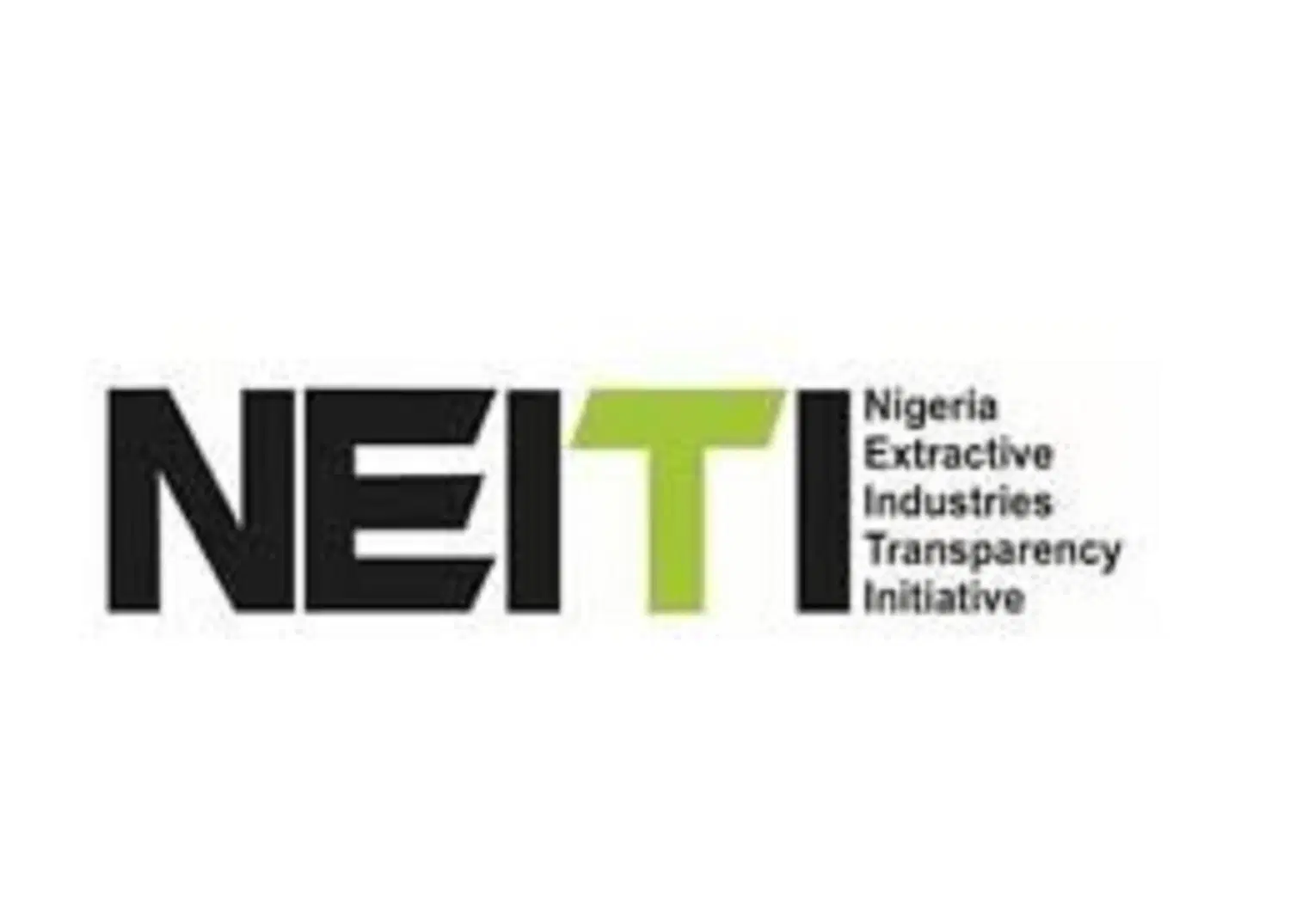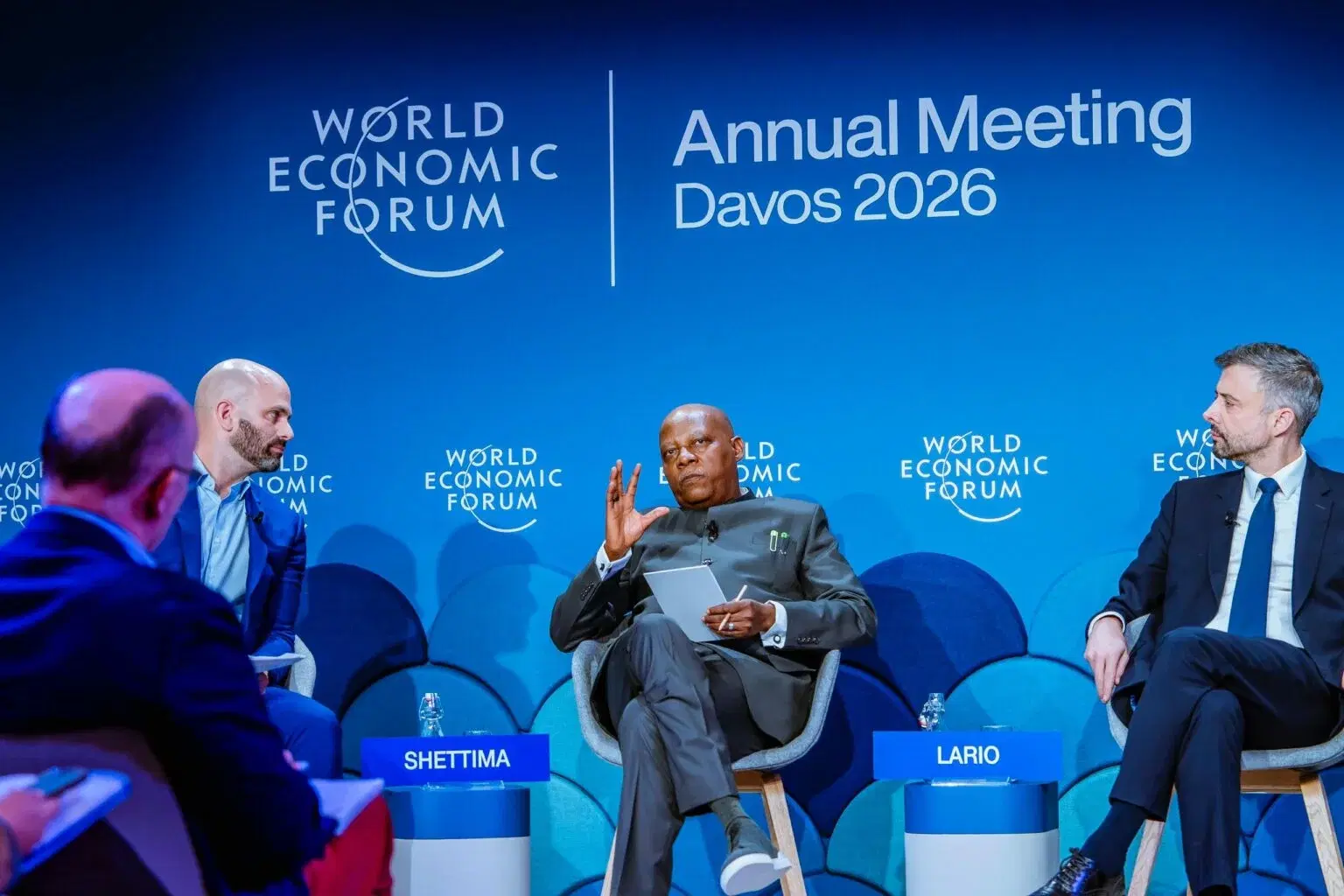Nigeria plans to undertake a broadband development and adoption effort in Edo, Ogun, Kwara, Katsina, Imo, Abia, Borno, and Nasarawa in the first quarter of 2024.
The PUNCH reported that the National Broadband Alliance for Nigeria program was created by the Ministry of Communications, Innovation, and Digital Economy to address the country’s low-fiber infrastructure rollout.
The minister’s office, Dr. ‘Bosun Tijani,’ announced this in a white paper titled, ‘Broadband Access for All: Introduction Deepening Nigeria’s National Backbone and Middle Mile Infrastructure.’
According to the white paper, individuals and communities face a growing hurdle to navigating today’s linked landscape without reliable and cheap Internet connectivity, and the ensuing barriers vary from economic to knowledge sharing restrictions.
It emphasized that when governments create contemporary broadband infrastructures, they enjoy extraordinary benefits in terms of speed, reliability, and potential growth. According to the 2019 Broadband Plan, the country need at least 120,000 km of fiber optic cables to meet its coverage objective.
The paper read, “Recognizing the imperativeness of broadband in economic development, the alliance will bring together key stakeholders from the public and private sectors, as well as civil society, to collaboratively develop sustainable business model(s) for driving the adoption and consumption of Internet in key critical public institutions (schools, hospitals, government offices, libraries and markets etc.) across the nation.”
According to the office of the minister of communications, the alliance would also act as a platform for government agencies, telecommunication firms, technology providers, and civil society organizations to coordinate efforts and share resources for nationwide broadband service growth.
It stated that NBAN would collaborate closely with regulatory organizations to expedite processes and remove roadblocks to the country’s rapid deployment of broadband connectivity.
He stated that the ministry was trying to strengthen the digital economy to be driven by connectivity, and that this action is part of the ministry’s infrastructure pillar of its strategic strategy.
Broadband, according to the government, is a high-speed Internet connection and according to data from the Nigerian Communications Commission, broadband penetration was 45.57 per cent as of the end of August 2023. Nigeria’s goal is to reach 50% by the end of 2023 (statistics on this has yet to be disclosed).










